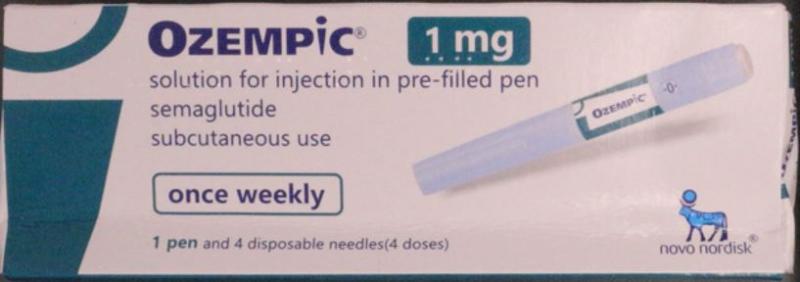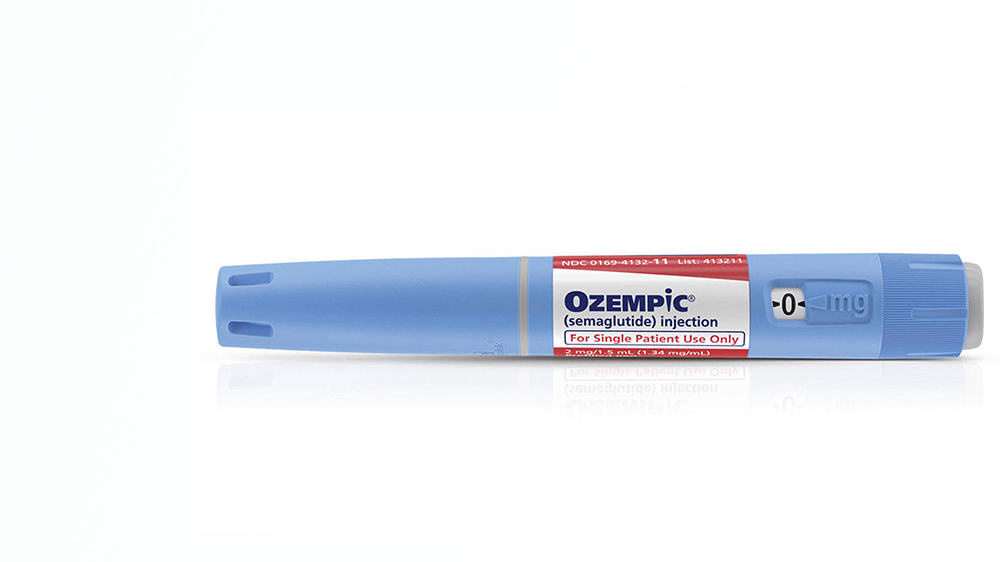Cracking the islet cell transplant puzzle
Islet cell transplantation is the only available cell-based therapy currently in clinical practice for Type 1 diabetes. The therapy involves transplanting insulin-producing islet cells from a cadaveric donor pancreas into a person with Type 1 diabetes.
A major challenge confronting researchers is the body’s normal immune response, which is to try and kill any foreign cells such as the transplanted islets.
Now, with the help of a grant from the Diabetes Australia Research Trust, Dr Mugdha Joglekar from the University of Sydney is studying a new method of suppressing the immune response that kills the transplanted cells.
“Islet cell transplantation is one of the most successful and promising cell-based therapies for people with Type 1 diabetes but there are a number of challenges,” Dr Joglekar said.
“The biggest of these is the body’s own immune response. Basically, patient’s own immune cells can attack the transplanted islet cells and kill them.
“Therefore to protect transplanted cells, islet recipients need to take drugs called immunosuppressants, which prevent the immune cells attacking the transplanted islets. Unfortunately, apart from the significant side effects, these drugs also impact on the quality of life.”
Dr Joglekar identified that human islet-derived progenitor cells (hIPCs) can suppress the immune response via secretion of molecules that inhibit the growth of immune cells.
“Based on preliminary data, we believe that the immune cells would not attack the transplanted cells if hIPCs are present,” she said.
“We want to understand the mechanism underlying hIPC-mediated immune-regulatory effect. Identifying such mechanisms could pave the way for more successful islet cell transplants to treat people with Type 1 diabetes.”
Dr Joglekar’s research is being supported by the Diabetes Australia Research Trust. Find out how you can support the program here.



